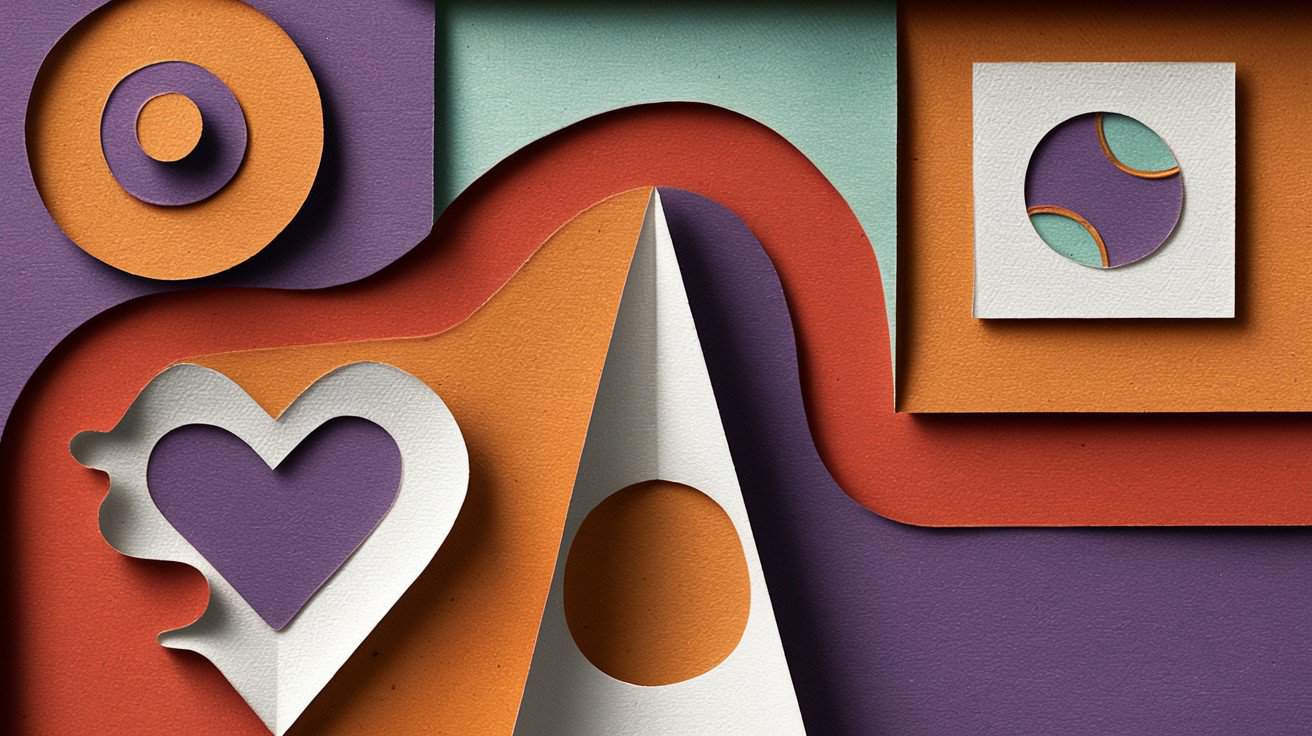The pain can be especially confusing when you’re the one who ended things. Shouldn’t you feel relieved? Instead, many of us find ourselves caught in a spiral of second-guessing and deep sadness, wondering if we’ve made a terrible mistake.
Understanding Why Breakups Hit So Hard
Our brains process romantic rejection similarly to physical pain. That’s not just poetic language – researchers have found that the same brain regions activate whether we’re experiencing a broken heart or a broken bone.
Think of it like this: When you’re in a relationship, your partner becomes part of your daily routine, your support system, and your vision of the future. A breakup doesn’t just end a relationship – it disrupts your entire sense of normalcy and security.
This disruption can trigger a cascade of challenging emotions:
- Intense loneliness, even when surrounded by others
- Questioning your self-worth and identity
- Anxiety about the future
- Physical symptoms like loss of appetite or trouble sleeping
Signs Your Heartbreak May Be Depression
While sadness after a breakup is normal, sometimes it can develop into something more serious. I remember thinking I was just going through typical post-breakup blues until I realized I hadn’t left my house in days.
Watch for these warning signs:
- Difficulty getting out of bed or completing basic tasks
- Loss of interest in activities you usually enjoy
- Significant changes in appetite or sleep patterns
- Persistent feelings of worthlessness
- Thoughts of self-harm or suicide
If you’re experiencing these symptoms for more than two weeks, or if they’re interfering with your daily life, it’s time to reach out for professional help. There’s no shame in needing support during this difficult transition.
Finding Your Way Forward
Recovery isn’t linear – some days you’ll feel stronger, and others you’ll find yourself right back in the depths of pain. That’s okay. Healing takes time, and forcing yourself to “get over it” usually backfires.
Instead, try these gentle steps toward healing:
Start small. Maybe today’s victory is just taking a shower or making your bed. Tomorrow you might feel ready for a short walk or calling a friend. Each tiny step counts.
Create new routines. Your old habits probably revolved around your partner. Now’s the time to establish new patterns that nurture your well-being. Perhaps it’s morning journaling or evening meditation – whatever helps you feel grounded.
Connect with others, but set boundaries. While isolation can deepen depression, you also need space to process your emotions. Be honest with friends about what kind of support you need.
Moving Forward with Hope
Remember that feeling better doesn’t mean forgetting or stopping loving. It means learning to carry those memories while creating space for new experiences and growth. Embracing the past can be tough, but it allows us to honor our experiences while making room for joy and discovery. It’s a delicate balance, often leading to deeper insights about ourselves and understanding existential dread. By acknowledging our feelings and fears, we can learn to navigate life’s complexities with resilience, transforming our memories into a source of strength rather than a burden.
The path forward isn’t about “getting over” someone – it’s about getting through this challenging time and emerging with a deeper understanding of yourself. Your heart may be broken, but it’s still beating, still capable of healing and loving again.
If you’re struggling with post-breakup depression, please reach out for help. Talk to a trusted friend, family member, or mental health professional. You don’t have to navigate this alone.
Life after a significant breakup can feel impossible, but I promise you this: The pain you’re feeling now is not your forever state. Take it one day at a time, be gentle with yourself, and remember that healing, while not linear, is always possible.
How long does depression last after a breakup?
Normal breakup grief typically peaks in the first few weeks and gradually improves over 2-6 months, while clinical depression triggered by a breakup can persist much longer without treatment. If intense symptoms continue beyond two months or significantly impair your functioning, professional support can accelerate recovery and prevent the depression from becoming chronic.
Is my sadness grief or clinical depression?
Grief involves waves of sadness mixed with positive memories and gradual healing, while clinical depression features persistent low mood, loss of pleasure in all activities, and symptoms like sleep changes or appetite disruption. If you can’t find any moments of relief, have lost interest in everything, or experience thoughts of worthlessness, you’re likely dealing with depression beyond normal grief.
Should I start dating again while depressed?
Focus on stabilizing your mental health before pursuing new relationships, as dating from a depressed state often leads to rebound relationships or repeated painful patterns. Use this time for therapy, self-discovery, and building support systems. You’ll know you’re ready when you can be content alone and want a relationship rather than needing one to feel whole.
What helps most with post-breakup depression?
Combine professional treatment (therapy and possibly medication) with practical support like maintaining routines, staying physically active, and connecting with supportive friends. Avoid isolation while also limiting contact with your ex during initial healing. Focus on rediscovering your individual identity separate from the relationship.


